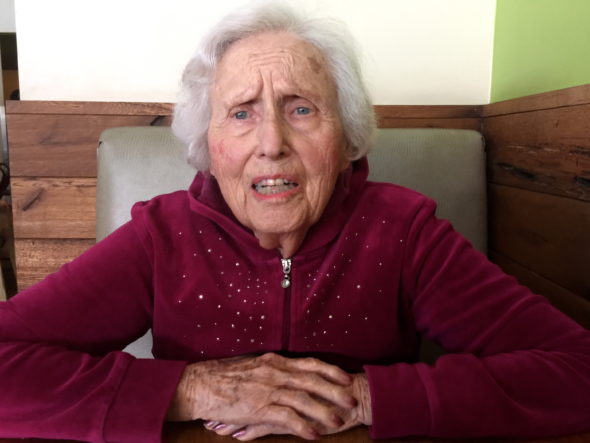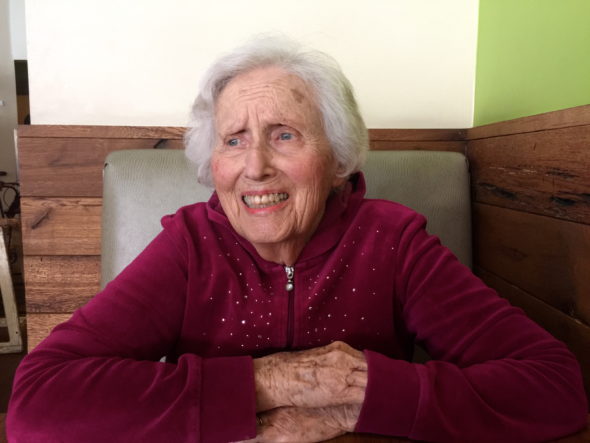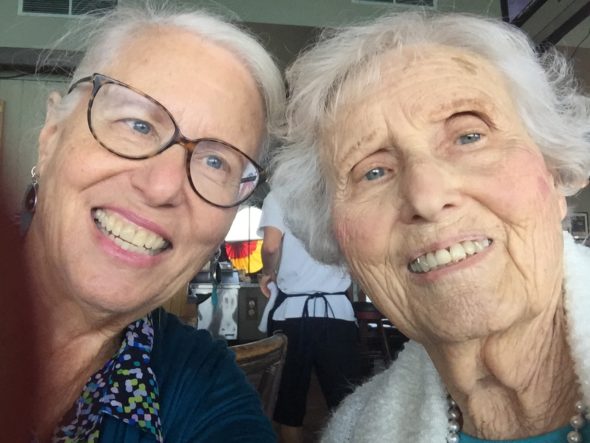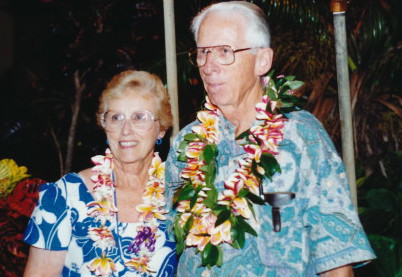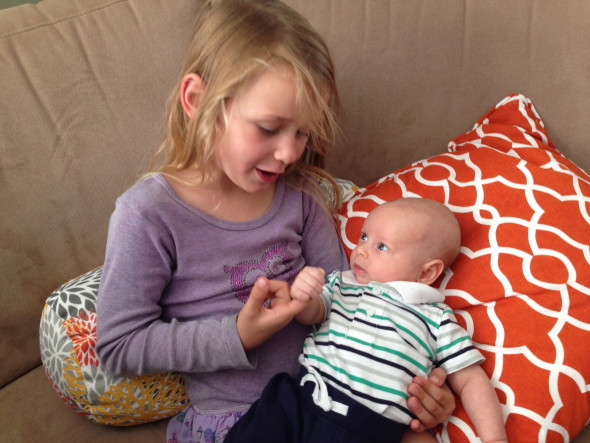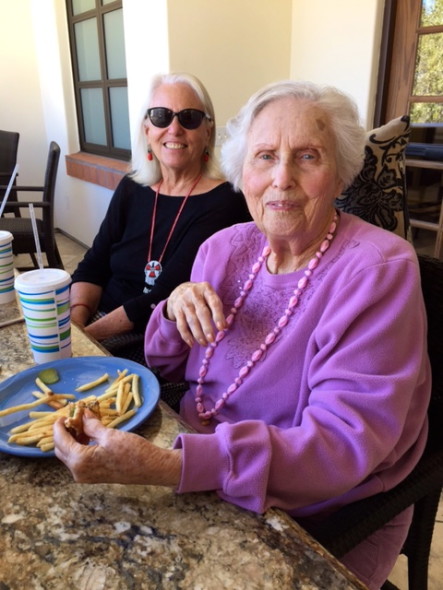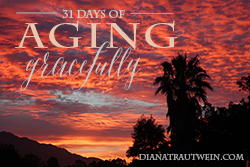It’s time to write for SheLoves once again, and the theme this month is “Willing Sacrifice.” This one gets pretty personal and you can finish it by clicking on the link.
My beautiful mama, picture taken yesterday, week three on hospice care.
What is it that makes a sacrifice truly sacrificial? Seems to me it has to be the modifier chosen for this month’s theme at SheLoves — willingness. I’m not sure that one idea can ever be successfully separated from the other, to tell you the truth. Choosing to give something up for the sake of someone else is what makes a sacrifice real. If the giving-up is not chosen, but forced — by pressure, either external or internal — then it becomes a demand, a duty or an expectation. And that is not the same thing at all, is it?
But sometimes, learning how to parse out that difference is one of the hardest parts of our journey toward becoming mature, loving, insightful and empathetic human persons. I have spent a good portion of my later adult life trying to peel away the multiple, nuanced layers of my own story, looking hard at the motivations behind a lot of my choices over the years. This business of learning to own your own crap is hard work!
I suppose the most central piece of the story for me is my long and complicated relationship with my mother. I’ve written about the last decade of our journey together in multiple places on the internet, including here. The hard, sad loss of this once vibrant woman is filled with pain and sadness, yet even this last stage through dementia has shed some light on who she is, on how her childhood both nourished and scarred her and how those scars had an impact on me. The act of writing things down has involved some hard, deep work and none of it has been easy. My mom was the very best mom she could be, loving me and my brothers well, providing care, concern, fun, beauty, color and laughter for us all. I am deeply grateful for her and to her and love her very much indeed.
But she was far from perfect. No big surprise there, right? Only been One person to walk this earth in perfection — the rest of us muddle along, wounding and being wounded, falling and getting up again. Just today, in the midst of her confusion, I heard these kinds of phrases: “I’m trying to be a good girl.” “I hope it’s not my fault.” “I think I did it right.”
Breaks. My. Heart. These are the wounds of early childhood, worming their way to the surface of a 95-year-old, deteriorating brain, even when nothing else she says makes any sense whatsoever. How can this be?
From about the age of seven, my mother took on the responsibility of protecting her mother from her father, who was given to binge drinking and gambling. Mom cleaned up his messes, stood up to him in her 7-year-old righteous indignation, and worried over her younger brother and sister. She had an older brother, too, but he was the crown prince of the family and apparently could do no wrong. It fell to mom to be the family guardian and watchdog.
And she passed that message, that burden, that responsibility . . . but not that sacrifice . . . to me when I was about seven. “Daughters take care of mothers, “ were her words and they came right into me, body and soul. I’m here to tell you that age seven is way too young for anything to be ‘chosen.’ Instead, the act of care-giving becomes part of your very DNA. Seven-year-olds are not, and cannot be, willing participants. Assumptions are made, expectations are parceled out and burdens are borne.
But for too many years, none of that was what I would call a willing sacrifice. . .
Read the rest of this essay by clicking over from this link right here.
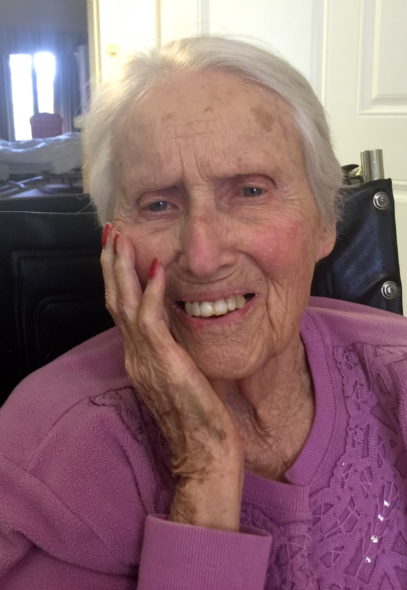


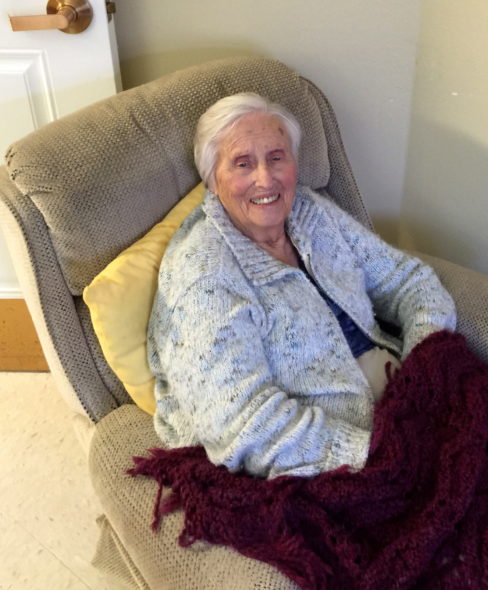
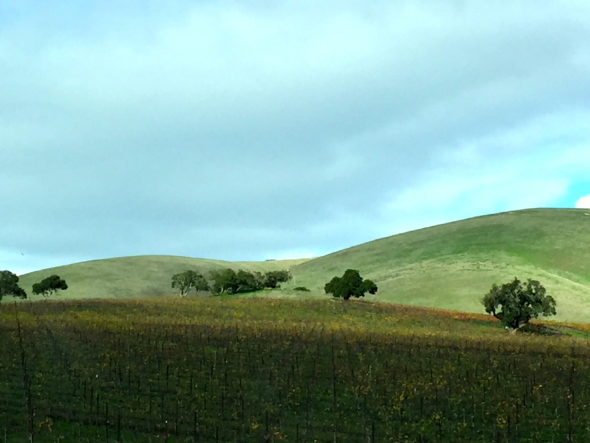

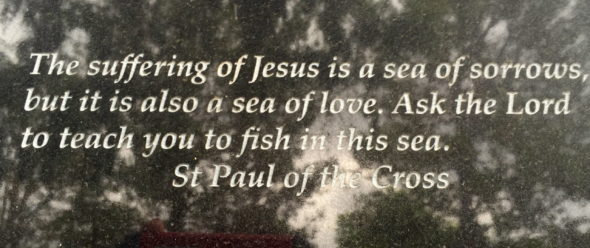





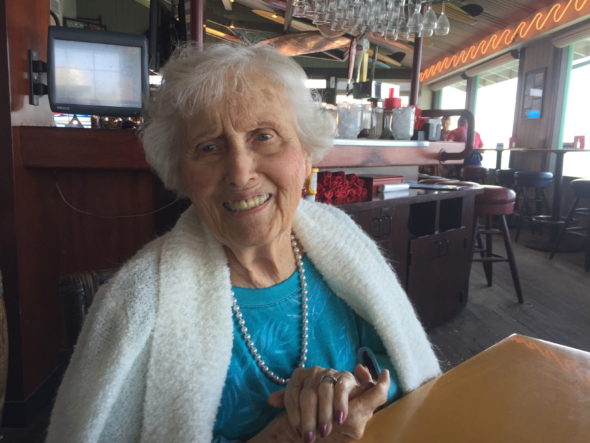 You know, it’s just lunch. Simple, right? I get in the car, I drive over to Mom’s care facility, I punch in the magic code to open the door, I gather her up, confused and beautiful as she is, I open the door so we can both go out into the sunshine.
You know, it’s just lunch. Simple, right? I get in the car, I drive over to Mom’s care facility, I punch in the magic code to open the door, I gather her up, confused and beautiful as she is, I open the door so we can both go out into the sunshine.